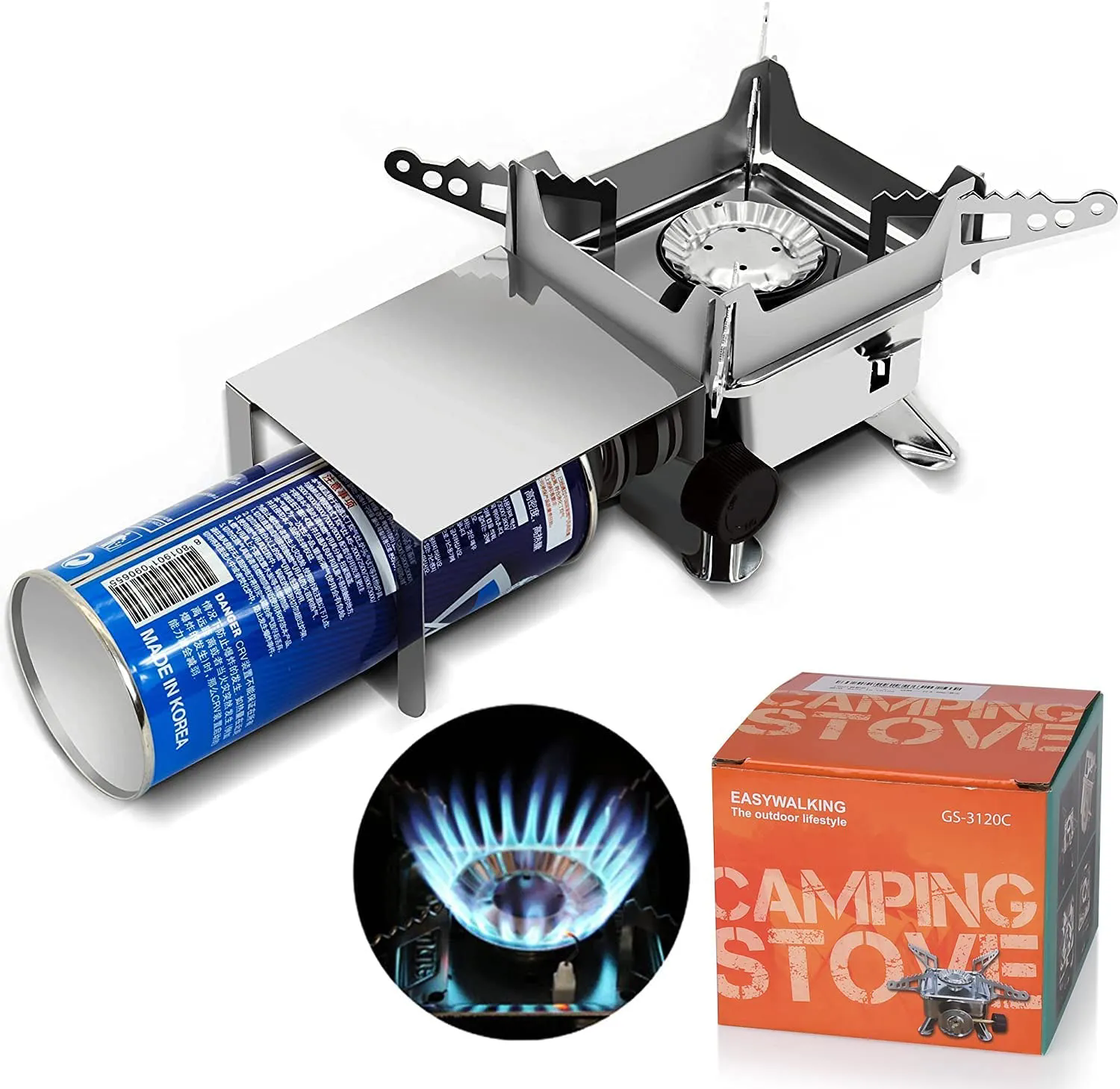Why Are Lab General Instruments Crucial for Scientific Research?
2024-12-11
In the world of scientific research, precision and accuracy are paramount. Whether in chemistry, biology, or physics, the ability to measure, analyze, and experiment effectively can significantly impact the outcomes of research. This is where lab general instruments play a pivotal role. But why are these instruments so crucial for scientific progress?
1. What Are Lab General Instruments?
Lab general instruments are a wide range of tools and devices used in laboratories to assist in research, testing, measurement, and analysis. They cover various fields, including general laboratory measurements, material testing, temperature control, and even safety monitoring. These instruments may include items like thermometers, balances, pipettes, incubators, spectrophotometers, and centrifuges, to name just a few.
Though highly diverse, all lab general instruments serve the primary purpose of enabling precise measurements or control during scientific investigations. Without these tools, conducting meaningful experiments and obtaining accurate results would be nearly impossible.
2. How Do Lab General Instruments Enhance Research Accuracy?
Precision is the backbone of good science. Lab general instruments are designed to provide the most accurate readings possible, ensuring that research outcomes are reliable. For instance, an analytical balance can measure substances to a fraction of a gram, which is essential when dealing with chemicals that need to be combined in very specific amounts. Similarly, temperature-controlled instruments such as incubators are critical in experiments where temperature variations could impact the integrity of the research.
Moreover, lab instruments such as microscopes, spectrometers, and chromatographs allow scientists to observe and analyze materials at microscopic or even molecular levels, revealing information that would be invisible to the naked eye.
3. Why Are Lab General Instruments Essential for Safety?
Scientific laboratories often involve the use of hazardous materials, chemicals, and processes that require careful monitoring. Lab general instruments play a significant role in maintaining safety standards. Instruments like fume hoods, gas detectors, and safety showers are designed to protect laboratory personnel from potentially harmful exposures, ensuring a safe working environment.
Properly calibrated equipment also prevents the misuse or misinterpretation of data, which could lead to erroneous conclusions or unsafe practices. In some cases, instruments are directly connected to safety protocols—such as automated shutoffs or alarms in case of temperature fluctuations or chemical spills—adding an extra layer of security to sensitive experiments.
4. How Do Lab General Instruments Contribute to Efficiency in Research?
Time and efficiency are critical factors in scientific experiments. Lab general instruments help streamline research by automating complex processes or performing repetitive tasks quickly and accurately. Devices like automatic pipettes, titrators, and centrifuges can handle routine tasks such as liquid dispensing or separation of components with minimal human intervention, allowing researchers to focus on more complex aspects of their work.
Automation also reduces the risk of human error, which is particularly important when dealing with sensitive experiments that could be easily compromised by mistakes. This efficiency speeds up the entire research process, from data collection to analysis, and helps researchers meet tight project deadlines.
5. Why Is Calibration So Important for Lab General Instruments?
For lab general instruments to maintain their precision, proper calibration is essential. Instruments need to be regularly calibrated to ensure that they provide accurate and reliable measurements. Even small deviations in calibration can lead to significant errors in the results, which could affect the integrity of the research.
Calibration can be done manually or automatically, depending on the instrument, and is often guided by industry standards to ensure consistency across laboratories worldwide. Well-maintained and calibrated instruments offer researchers confidence that their findings are grounded in accurate, reproducible data.
6. What Role Do Lab General Instruments Play in Different Scientific Disciplines?
Lab general instruments are not confined to any one specific field of research; they are widely used across various scientific disciplines, each with its own set of tools and applications.
- In chemistry, lab instruments like titration sets, pH meters, and reflux condensers help researchers study reactions, measure concentrations, and perform detailed analyses.
- In biology, tools like microscopes, PCR machines, and incubators are used to observe biological specimens, amplify DNA samples, or grow cultures for experimentation.
- In physics, instruments like oscilloscopes, voltmeters, and thermocouples are essential for measuring electrical properties, temperature variations, and waveforms in experimental setups.
Each discipline relies on these tools to ensure that experiments are conducted under controlled conditions, leading to accurate observations and discoveries.
7. How Do Technological Advances Impact Lab General Instruments?
The field of scientific research is constantly evolving, and so too are the lab instruments used by researchers. Advances in technology have led to the development of smarter, more sophisticated instruments that offer higher levels of accuracy, efficiency, and automation.
For example, the rise of digital interfaces has made many lab instruments easier to use and integrate with data collection systems. Instruments can now store and transmit data electronically, reducing the need for manual recording and improving the overall efficiency of the research process. Similarly, new materials and innovative design methods have resulted in instruments that are lighter, more durable, and even more affordable, making cutting-edge research accessible to a wider range of institutions.
8. What Are the Challenges in Selecting Lab General Instruments?
Choosing the right lab general instruments for a specific research project can be challenging. The variety of options available can make it difficult to determine which tools will best meet the needs of the research. Factors such as precision, durability, ease of use, and compatibility with other lab equipment must all be considered when selecting instruments.
In some cases, researchers may need to consult with instrument manufacturers or laboratory suppliers to ensure that the equipment meets the necessary standards for their particular field. It's also important to consider long-term maintenance costs, as some instruments require regular servicing or calibration to maintain optimal performance.
The role of lab general instruments in scientific research cannot be overstated. From providing the precision needed to ensure accurate results to safeguarding the health and safety of researchers, these instruments are indispensable. As technology continues to advance, the tools available to researchers will only become more powerful, efficient, and accessible, driving further breakthroughs in scientific knowledge.



